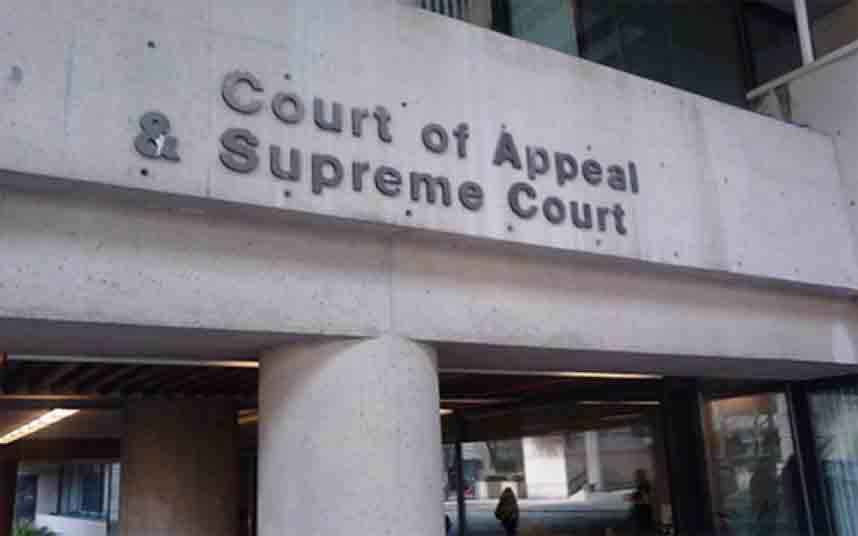Supreme Court of Canada ruling: Uber drivers are employees
The Supreme Court of Canada ruling opens the way for a class action lawsuit by Ontario drivers demanding to be considered employees.
Through this decision, the Supreme Court justices upheld an earlier ruling issued by the Ontario Court of Appeals that had opened the door to class action to guarantee a minimum wage, vacation pay, social security and other benefits. to Uber drivers.
For Uber, the filing of a class action lawsuit by these Ontario drivers was intended to force it to recognize them as employees rather than self-employed in its service, as envisaged in its business model.
Unfair terms
For Uber, the complaints of its drivers should not be resolved in court by collective actions, but by the mechanism provided for this purpose in the contract that binds the company with its vehicle drivers.
Until now, Uber had avoided this class action lawsuit by enforcing this contractual clause in the Supreme Court, which requires that all disputes between the company and its drivers be dealt with through a mediation procedure that takes place in the Netherlands. and for which the plaintiffs must spend approximately 14,500 euros.
This represents a considerable sum for its drivers whose income barely exceeds 20,000 a year.
The Ontario Court of Appeals found that these contractual clauses were not reasonable or enforceable and that drivers had the right to initiate a class action lawsuit in that context.
The Supreme Court’s decision is of keen interest to gig economy workers, who have long called out the lack of employment rights that come with their jobs.https://t.co/zNAyI3OrAi
– Globalnews.ca (@globalnews) June 26, 2020
More taxi news in Canada
Supreme Court of Canada ruling: Uber drivers are employees



